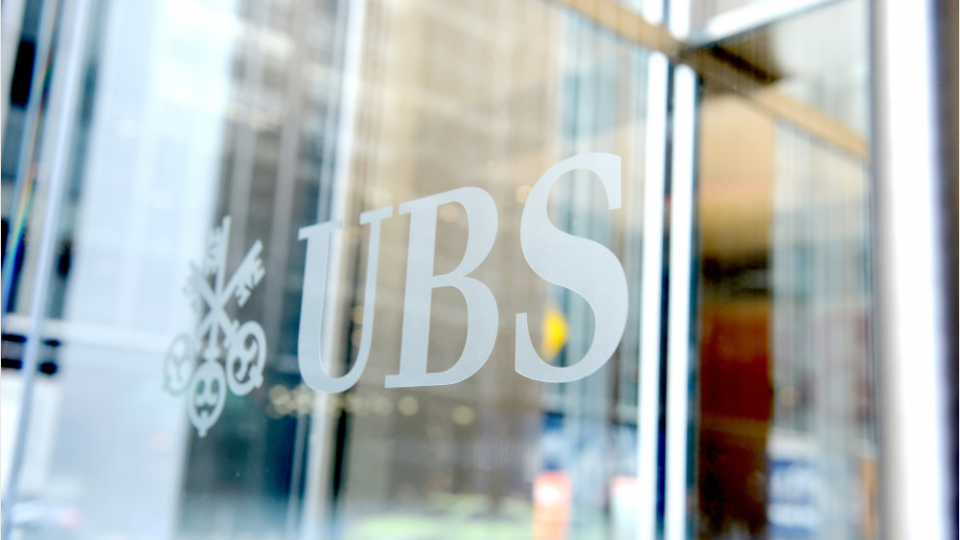
Investors have been increasingly adopting ESG investing. In fact, assets invested in sustainable ETFs (UCITS) have more than doubled over the past year alone, reaching USD 52 bn by July 2020. Investors have shown a striking commitment to ESG even during the COVID-19 drawdown period. Whilst core ETFs covering broad equity and fixed income exposures have suffered substantial outfl ows, ESG ETFs have continued to gather assets with a YTD net new money of USD 17 bn.
Equity ESG ETFs have historically been more popular. In fact, ESG ETFs captured 47% of the inflows into equity ETFs between January 2019 and June 2020, while fixed income ETFs’ share was only around 6% during the same period. The adoption of ESG in fixed income is therefore likely to catch up in the near term. With the recent launches, there are now available 32 European-listed fixed income ESG ETFs covering main bond sectors such as corporates, sovereigns and emerging markets (30 June 2020, ETFGI).
At the forefront
UBS ETFs has been at the forefront of innovation in the sustainable ETF space. The product range today consists of 13 ESG ETFs covering equities and 6 ESG ETFs in fixed income, which enables investors to build global sustainable portfolios. Invested assets have reached USD 14.7 bn (July 2020), which places UBS as the second largest provider of sustainable ETFs in Europe.
UBS sustainable fixed income ETFs
Within fixed income, the sustainable range covers key markets such as corporates, development bank bonds, global government bonds and emerging market bonds. The indices were developed in cooperation with multiple index providers, utilizing data from several ESG rating providers. The indices exhibit limited tracking errors versus their parent benchmarks and can therefore be considered as a suitable replacement for the core allocation to these exposures.
Sustainable fixed income benchmarks tracked by UBS ETFs had robust performance and delivered on their premise to provide risk-return outcomes similar to standard benchmarks. Their relative performance has been particularly strong in H1 2020 during the COVID-19 period, with all ESG indices outperforming their standard counterparts.
For example, the sustainable global corporate bond index outperformed its benchmark by 132 bps, while the sustainable US corporates index outperformed its benchmark by 94 bps. This suggests that ESG may mitigate downside risks during market turbulences. Moreover, sustainable indices generally delivered outperformance over a longer period of 5 years versus their standard counterparts.
Here you'll find the full ETF On Track Magazine from UBS Asset Management.